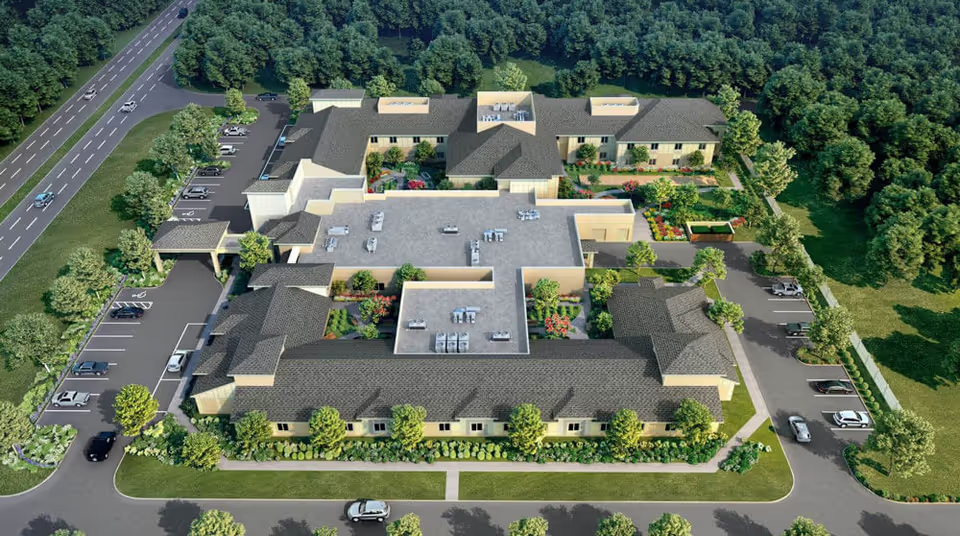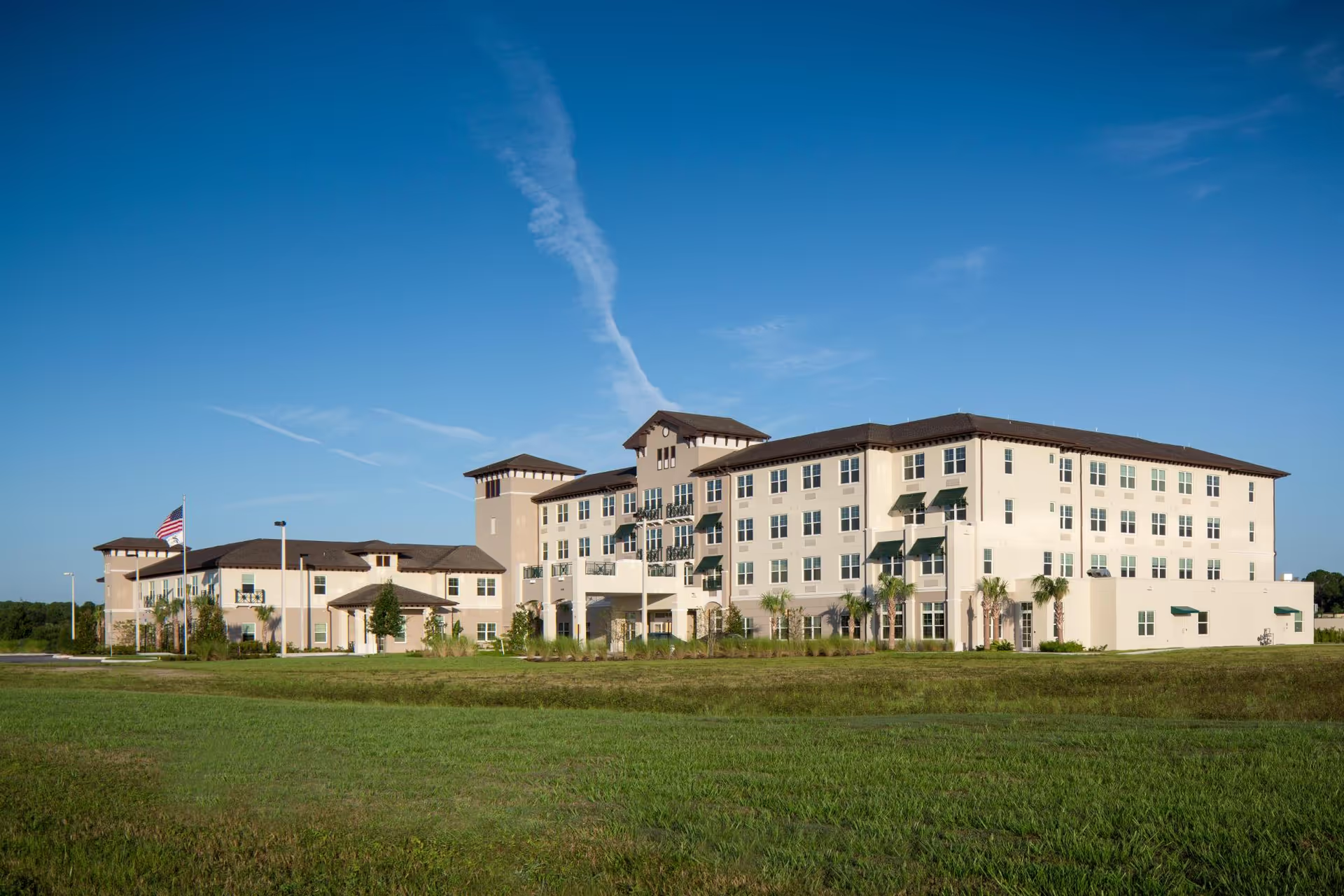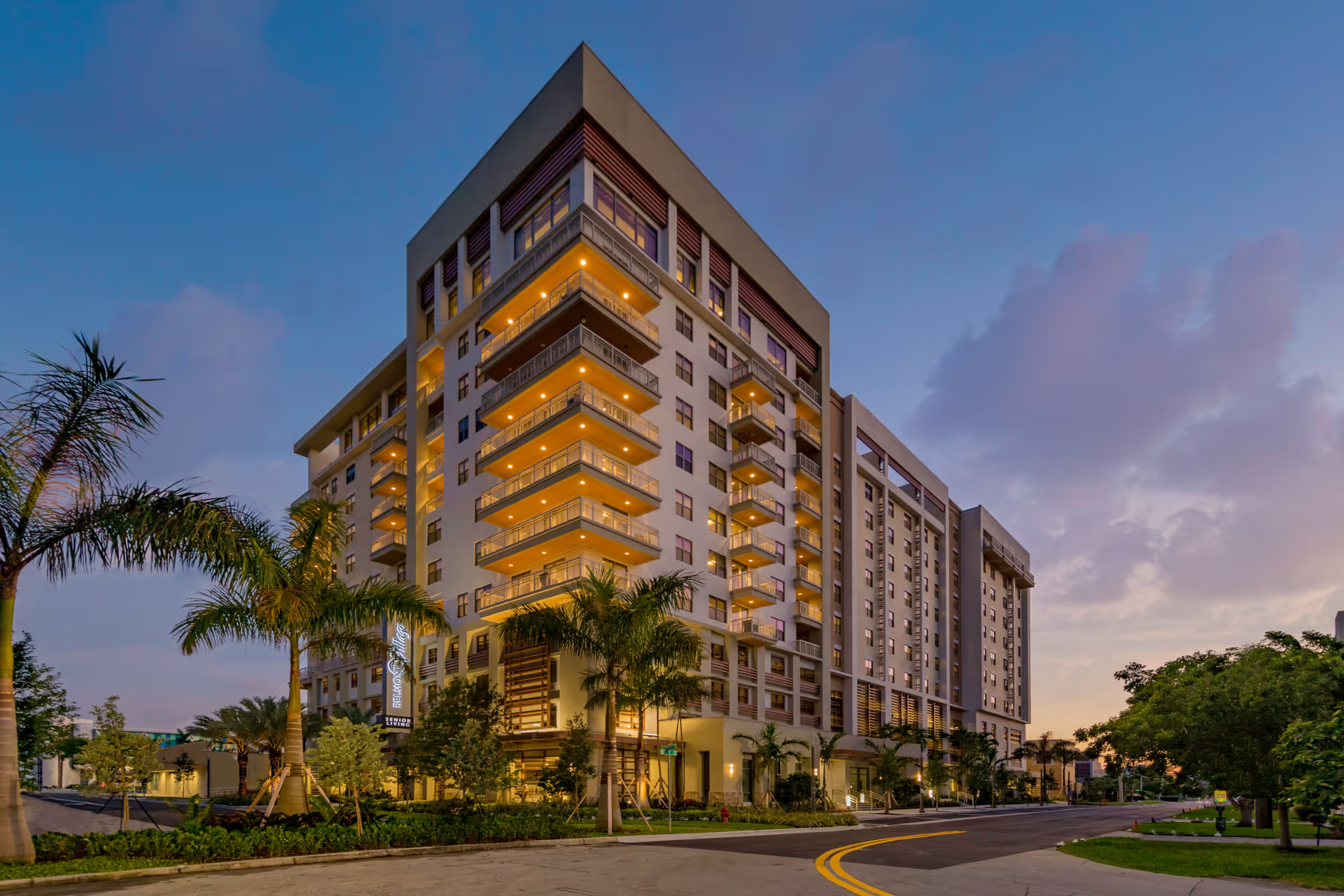The reviews for Windsor Woods Convalescent Center are highly polarized, with many reviewers describing an exceptional, family-like skilled nursing and rehabilitation experience, while a notable minority report serious safety, hygiene, and management failures. On the positive side, a large portion of reviewers praise the clinical staff — nurses, therapists, and many aides — for being skilled, compassionate, and attentive. Multiple families describe rapid functional improvement during rehab stays, frequent therapy (including reports of therapy twice a day), and strong coordination between therapy and nursing teams. Several reviewers singled out the Director of Nursing (DON) and specific managers (names such as Donna, Ashley, Maria, and nurses Steve and Liz were mentioned) as involved, responsive, and personally invested in resident recovery. Many accounts emphasize a clean, recently updated facility with a warm, home-like atmosphere, regular activities (Zumba classes, outings to restaurants, games), meaningful social engagement, and food described by some as home-cooked and tasty. For numerous families, these strengths resulted in high satisfaction, feeling safe and cared for, and strong recommendations of Windsor Woods.
Contrasting these positive reports are multiple severe and specific allegations that raise concerns about resident safety and consistent quality of care. Several reviewers allege dangerous clinical practices: medication errors or unsafe medication administration (including meds given without appropriate consideration of weight or intake), overmedication leaving residents “loopy,” oxygen mismanagement, IV tampering risks, and untreated medical conditions such as bedsores. There are disturbing reports of neglect: residents reportedly left in soiled clothes or waste for hours, delayed hygiene care (including dentures and basic washing), denied pain medication, and inadequate rounds leading to prolonged unattended periods. These clinical and hygiene failures are sometimes associated with outcomes like falls, weight loss/malnutrition, and in at least one review a death following a complaint — claims that families described as negligence. Such reports are serious and, if accurate, indicate potential lapses in clinical oversight, staffing levels, or adherence to protocols.
Operational and administrative themes are mixed as well. Many families praise proactive communication, detailed care plans, and managers who resolve issues. Others, however, recount poor communication (no timely callbacks, erroneous information provided), unresponsiveness from administration when problems arise, missing incident report copies, and even alleged theft of money or clothing with delayed or no resolution. A few reviewers described police welfare checks and expressed fear of retaliation after lodging complaints. These divergent experiences suggest inconsistent follow-through on complaints and variable accountability depending on the specific staff or incident. Staffing levels emerge as a recurring explanatory factor: multiple reviewers cite understaffing, long call-light response times (20–30+ minutes), and aides who lack initiative — factors that can degrade both clinical care and basic daily assistance.
Cleanliness and food quality are other areas with mixed feedback. Many reviewers describe Windsor Woods as immaculate, organized, and well-maintained, while others report cockroaches, foul smells, filthy conditions, and poor food. This disparity may reflect differences over time, between units, or variability in staff shifts and contractors (laundry, housekeeping, dietary). Theft and misplacement of residents’ belongings — especially clothing and dentures — are specific recurring complaints that compound family frustration and suggest deficiencies in inventory, labeling, or laundry management.
Overall, the most prominent pattern is one of strong, high-quality care provided consistently to many residents, particularly in therapy and by invested nursing leadership, alongside a worrying minority of reports describing serious lapses that affect safety and dignity. The balance of reviews suggests that Windsor Woods can deliver excellent rehabilitation and compassionate long-term care when staffed and managed well, but that families should be aware of potential variability. Prospective residents and families would be well advised to visit in person, ask targeted questions about medication management protocols, staffing ratios, incident reporting and follow-up procedures, laundry and belongings policies, infection-control measures, and how the facility addresses complaints. Checking for recent inspection reports and seeking references from current families in the same unit can help determine whether the positive patterns of skilled, attentive care are consistent and whether the serious concerns raised by other reviewers have been addressed.







